Listen Now
About the Episode
Key Topics
- How emotions drive behaviour and why no amount of intellect, courage, knowledge or motivation can make up for a lack of emotional intelligence
- How Gail challenges people to reflect on their beliefs and behaviour while validating their perspectives and protecting their sense of self
- "No Plan A, just a random set of decisions" – Gail's squiggly career and why she gave the two-finger salute to professional teaching
- What it means to have an 'undeniable experience' and be programmed with possibility
Detours and Tangents
- Why new leaders need to stop getting their sense of self from the what they personally achieve and develop a whole new skillset about helping other people do the best that they can
- How Gail's improv comedy experience helps her be a fearless facilitator
- The time Gail designed and facilitated a business expo program for teenagers to make a realistic business pitch for not-necessarily-realistic products. “It was chaos, but it was exciting”
- Why the most satisfying lightbulb moments Gail has witnessed in her clients are often simply about people becoming better listeners
Recorded 1 October 2021
Episode Digest
Gail's squiggly career
- “No Plan A, just a random set of decisions that got made through my life.”
- Leaving high school, Gail didn’t have the academic background to go to university but she did have the background to go to teacher’s training college, so she trained as a secondary school teacher.
- After two years of teacher training college, Gail had realised how independently she thought and how often she came up against the “1950s mindset” of people in teacher training at that time. Even though she loved it and was good at it, she couldn’t stand to work in that system so she left and instead focussed on studying accounting.
- Gail’s first accounting job was working in heavy industry at a NZ glass manufacturer. She really enjoyed working with a mix of professional and trades people and found it more human than the professional teaching environment she had recently left.
- She spent the first half of her working life as an accountant and eventually a chartered accountant. She was good at it and she liked it but it didn’t light her fire.
- As an accountant at E&Y, Gail got involved in doing staff training. Here she reconnected with her love of teaching, training and helping people.
- She became involved as a designer and one of the key facilitators of a teenage business program where there were 80 sixth-form students in the school hall for three days staging a business expo. The kids had to make a business case presentation to judges as they came around for the products that they designed. The products didn’t have to be realistic, but the business case did. “It was chaos, but it was exciting”.
- Gail became more involved in leadership and organisational development and eventually started her own consultancy that develops and run leadership programs and organisations that help people increase their self insight and become better leaders.
The Red Thread
- Emotions drive behaviour. “People can be really intellectually smart, but if they're not aware of the emotional impact they're having on others, then they won't be very effective” as leaders, team members or individual contributors.
- A lot of what we say to ourselves is just repetitive dramatic story that doesn’t serve us. Be aware of the limitations you’re putting on yourself. Speak to yourself as if you were speaking to your best friend or your closest, dearest relative. Find out where your edges are.
- Be curious about people. What people say makes sense to them so I need to acknowledge that and be curious about how they’ve come to that position and are saying those words. Isn’t that really interesting?
- Gail is “always validating people's perspectives and going as far as I can to protect people's mana and their sense of self”, while challenging people to look at themselves by reflecting their words back to them through careful questions.
- People have to unlearn what they’re saying to themselves and what they’ve been programmed with. It’s better to be programmed with possibility.
Decisive Moments
- One of Gail’s earliest memories is of being teased by neighbourhood kids when she was three or four years old and just thinking ‘you’re stupid’ and letting it roll off of her. She feels she has been put on this earth with a very strong sense of self.
- Gail developed a self-understanding as an independent thinker early on. The first time she realised she was going to have to make choices for herself in life was when she moved from primary school to secondary school and had to choose what course she was going to do. Her parents said “you know more than we do – you should do what you want to do”.
- After two years of teacher training college, Gail gave the “two finger salute” to the professional teaching system. “I ain’t gonna work with this sort of stuff.” Students weren’t related to as human beings, they were related to as units.
- Gail brought Judy B Rosener to do a guest talk at the University of Auckland’s women’s group, where Judy said “I believe in living life at the edge. If you’re not living at the edge, you’re taking up too much space”. This stuck with Gail. She wants to “scoot into the grave fully used up”.
Synthesising for Strength
- Gail became interested early on in the physiology of emotion. “Stress is just emotion on overload – neurotransmitters racing around from the emotions that you're creating in your body in your response to the environment.”
- Gail has grokked lots of different frameworks that resonated with her along the way. These include DISC, neurolinguistic programming, Multiple Brain Integration Techniques, Emotional Culture Deck, narrative coaching, and conversational intelligence. “It all goes in the kitbag.”
- Having well-developed emotional intelligence makes it easier to take on new concepts. It’s more than knowledge because “anyone can read a book and find the frameworks and understand all of the theories and research behind it. But it's the experience of having to integrate that into your life that creates good, solid learning.”
- Gail is a fearless facilitator at the front of the room and credits this to spending time doing improv comedy. Being 20-30 years older than everyone else in the improv comedy crew taught Gail to be in the moment and just accept everything that comes your way and do something with it to move the story forward.
- Gail’s experience working with teenagers means she is not intimidated by working with senior leadership teams. “Adults are really inhibited. Teenagers are not. You guys don't scare me, give me a room of 80 18 year-olds.”
- Not a lot crossed over from her accounting experience into leader development, but she does enjoy doing all the timelines and systematic planning stuff you have to do when you're running programs. And she can naturally account for time because she has worked for a chartered accountant
- Gail enjoys gardening. Being creative in her garden keeps her occupied and feeds her soul because it’s important to be around greenery, see things grow and nurture nice things.
How Gail likes to learn
- Gail’s curiosity is innate. She was raised in an environment where knowledge was valued and encouraged and curiosity was encouraged. She is insanely curious and optimistic about everything.
- “I've never, ever been struck by imposter syndrome. I've only ever thought ‘I don't know if I can do it. Let's say yes and find out where it stops.’”
- Gail describes her learning process as quite deeply kinesthetic. It’s got to ring true for her, and to be able to go wholeheartedly into a learning experience she has to be able to imagine herself doing something different and know what it feels like.
- We have to let go of the idea of control in education. “If you make the environment exciting and motivating then all your control issues go out the window because people want to learn.”
- “I do miss working with teenagers because they have so much drive and so much energy and so much enthusiasm. And if we could create the right environment, they had so much self-belief and they would just support each other to the ends of the earth.”
Reflections on her practice
- “The learning doesn't just happen from me, it happens from the interactions and the conversations that people have with each other and the explorations they do, especially in an adult learning situation.”
- “A lot of what we say to ourselves is just repetitive, dramatic story, and it's bullshit. It keeps us safe. And so we've got to be careful as facilitators that we don't dismantle stuff that keeps people safe because that belief, that rule for them might keep them safe outside of the room, but it might not suit them as a leader.”
- Gail tries to give people what she calls an “undeniable experience”. Once people have seen that and they've experienced it, they can't unknow it. Then the debrief is about moving from ‘what happened?’ to ‘so what now?’
- “The theory of narrative coaching is that if you change your story, you'll change your life. And narrative coaching is about taking the stories from the past, finding a pivot point and creating a new story.”
- “Parents are programmed to try and protect kids, which stops kids from experimenting and finding out what the boundaries and the consequences are.”
- “People don't have to pass or fail the programs that I run. If I can give you criteria around which to make some judgments and to be informed around how to adapt to situations and people, then that's the knowledge part of it. The competence is you've got to get out there and practice it yourself.”
- Gail has noticed that the most powerful thing people learn from her workshops is just simple listening. “People have come back into the program after we've covered the listening module and said ‘I've gone home and my wife said what's wrong, you're listening to me?!’ Over the years, several people have come in and said that's made a real difference.”
- “I see so much potential dampened down by lack of belief and lack of willingness to find out where your edges are.”
Stuff We Mentioned
Organisations
- Gail's consultancy - Leader's Edge
People
- Judy B Rosener - Ways Women Lead
- Benjamin Zander - The Art of Possibility
Audio Highlights
Episode appetiser - A lot of what we tell ourselves is bullshit (49 sec)
0:00
/0:49
Gail explains people development to a 10yo (52 sec)
0:00
/0:52
What life-changing learning experience would Gail gift someone? (59 sec)
0:00
/0:59
If you're not aware of the emotional impact you're having on others, you're not going to be effective (39 sec)
0:00
/0:39
What new leaders need to let go of (46 sec)
0:00
/0:46
About Gail Reichert
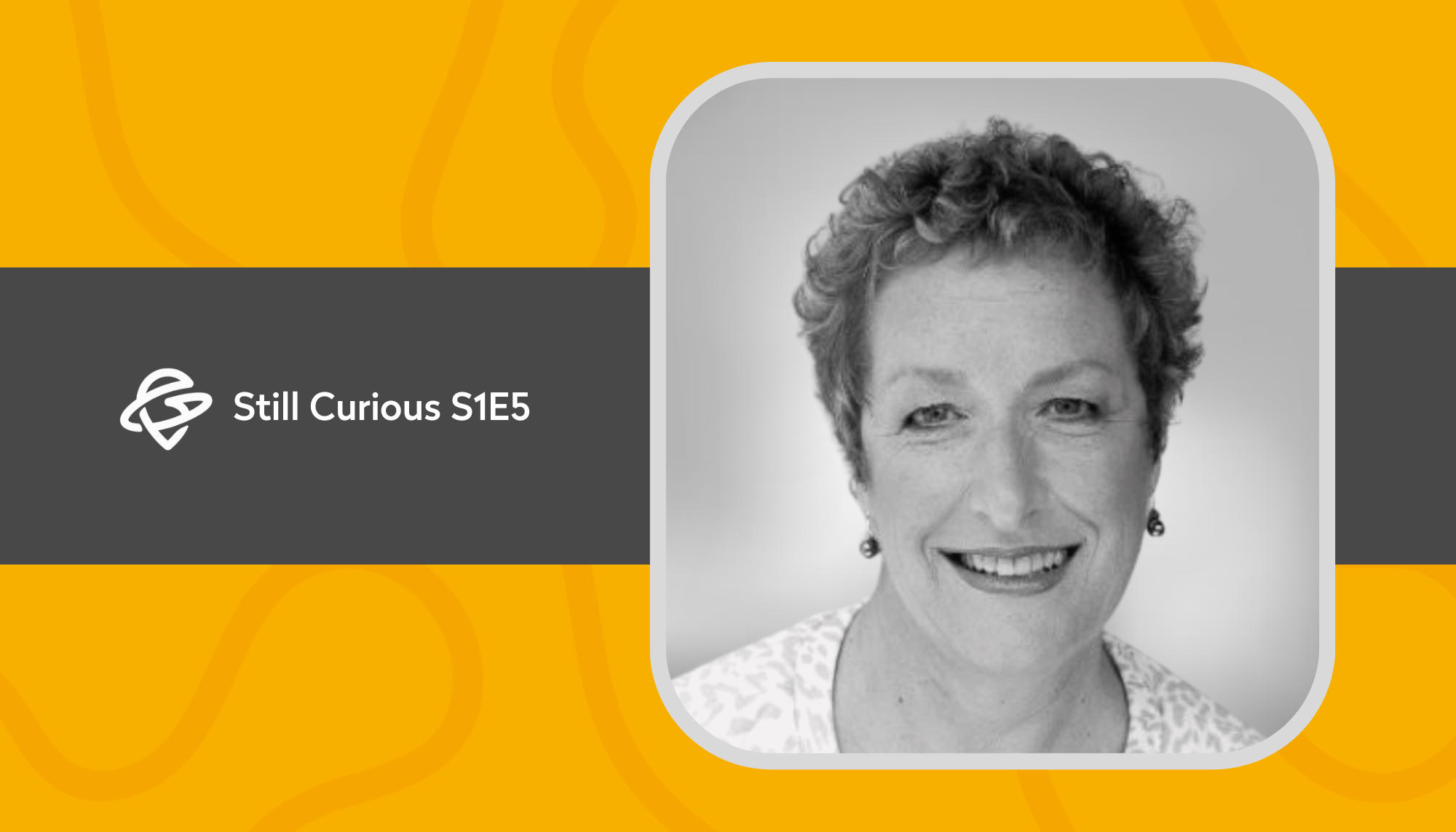
Gail Reichert is Principal Consultant at Leader's Edge, a leadership and organisational development practice, based in Auckland, New Zealand. Leader's Edge specialises in designing and facilitating simply effective personal and organisational leadership development that raises the consciousness and develops emotional intelligence.
Connect with Gail
Interactive Transcript
Note: This is a machine-generated transcript and may contain errors.

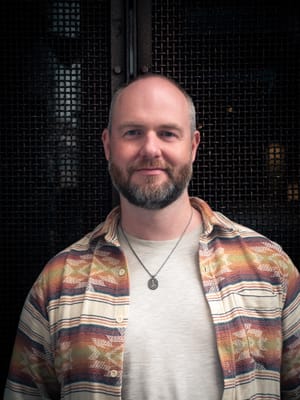
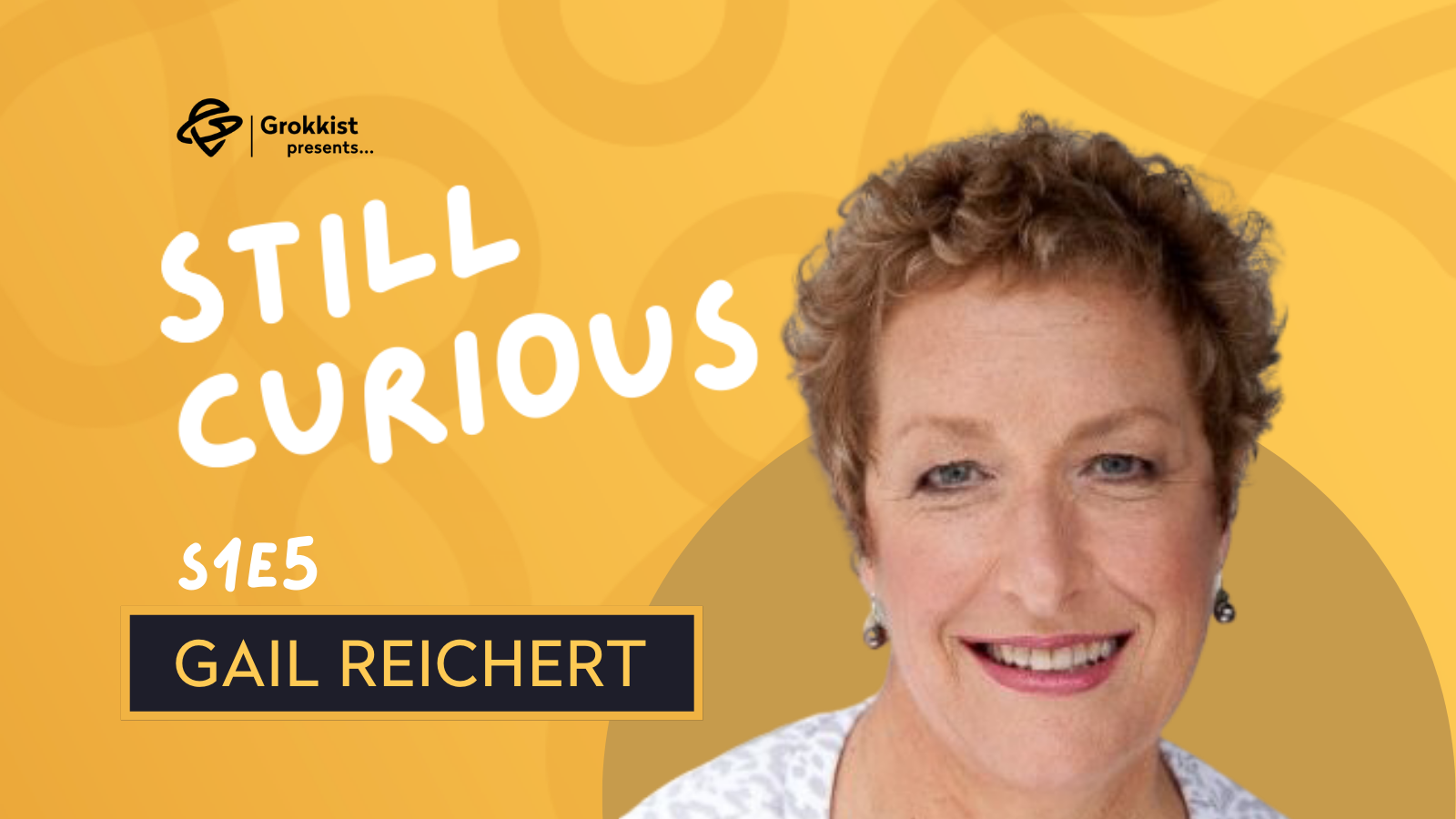
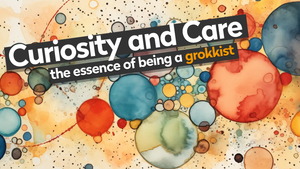


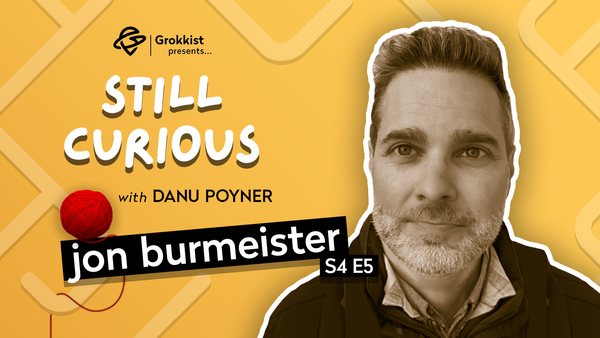
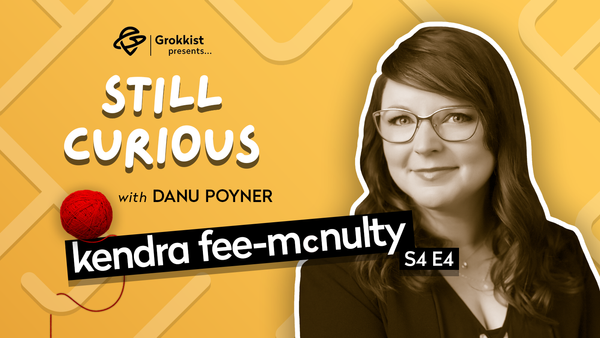
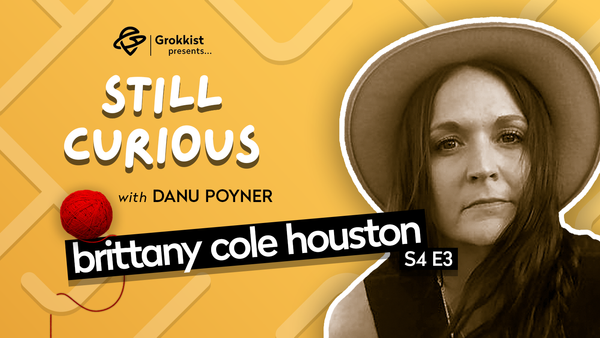
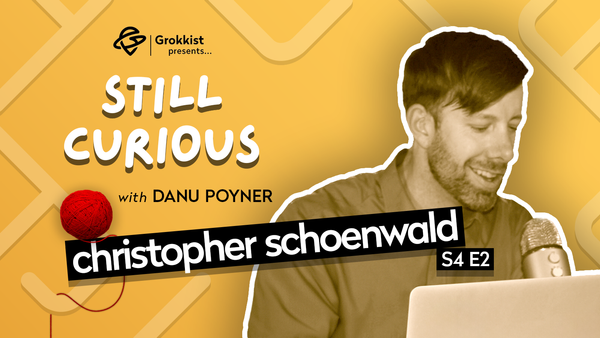
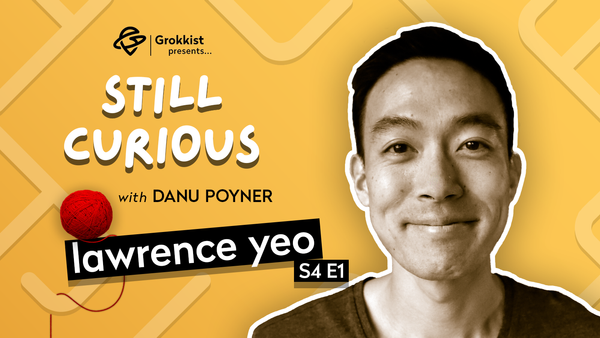
Member discussion